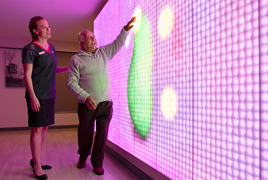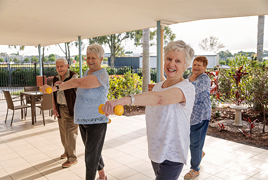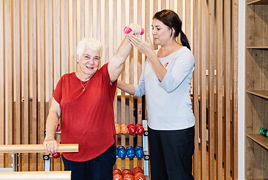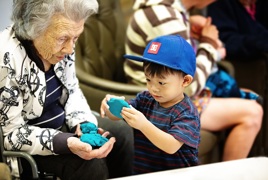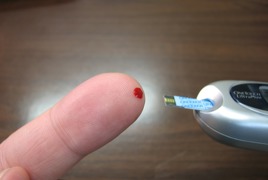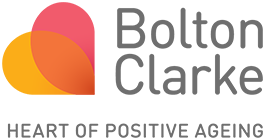28 February 2020
Co‐creation of services to maintain independence and optimise well‐being: Learnings from Australia’s Older Women Living Alone (OWLA) project
For many populations at risk of social isolation, including Older Women Living Alone (OWLA), existing services to maintain independence and optimise well‐being are difficult to access, unsuitable or unavailable. We adapted an existing framework for co‐creation and used participatory action research methods, supported by an evidence base comprising a systematic review, analysis of routinely collected data and interviews, to develop person‐centred services for OWLA.
Retirement Living
Independent to low care needsResidential Aged Care
Medium to high care needs
